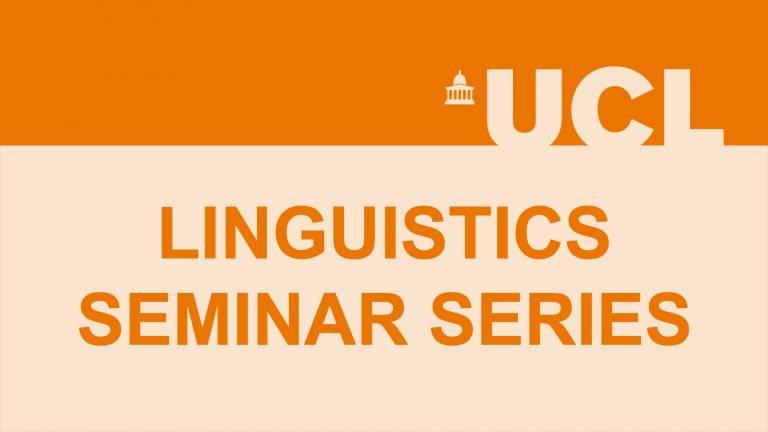Linguistics Seminar Talk - John Collins and Tamara Dobler
29 May 2024, 3:00 pm–5:00 pm

Polysemy and Roots: Wide vs. Narrow Fetching
Event Information
Open to
- All
Organiser
-
Alina Konradt
Location
-
118Chandler House2 Wakefield StreetLondonWC1N 1PFUnited Kingdom
Title: Polysemy and Roots: Wide vs. Narrow Fetching
Abstract will appear here when available.
About the Speaker
John Collins
at University of East Anglia
More about John Collins Close
Close

